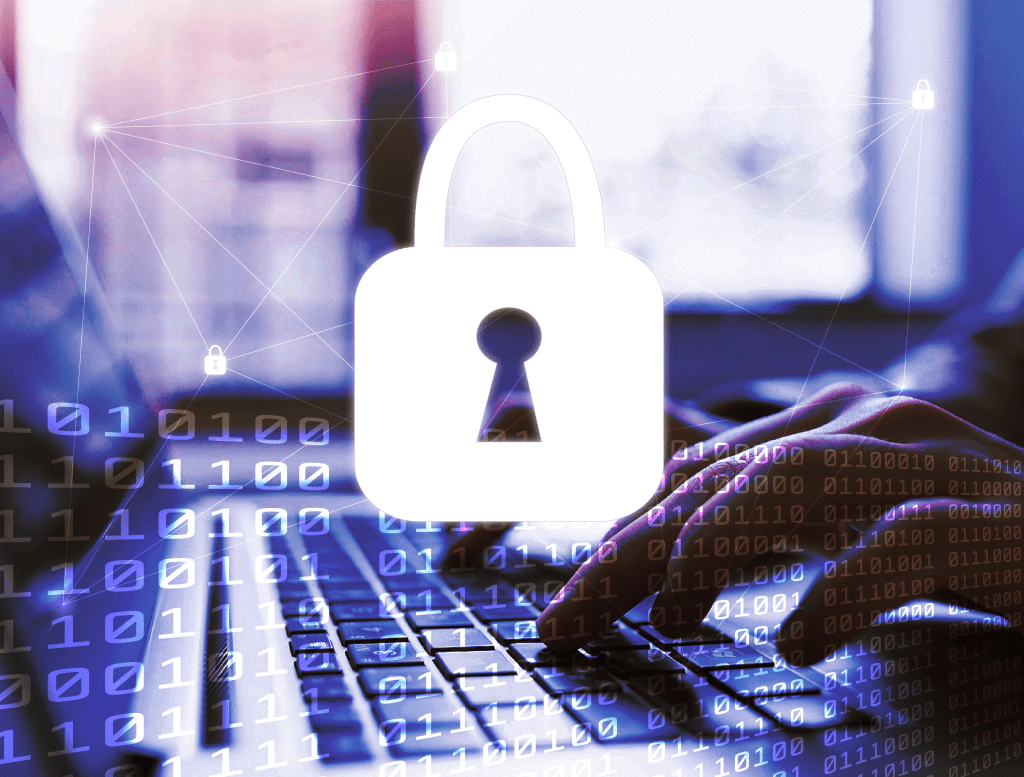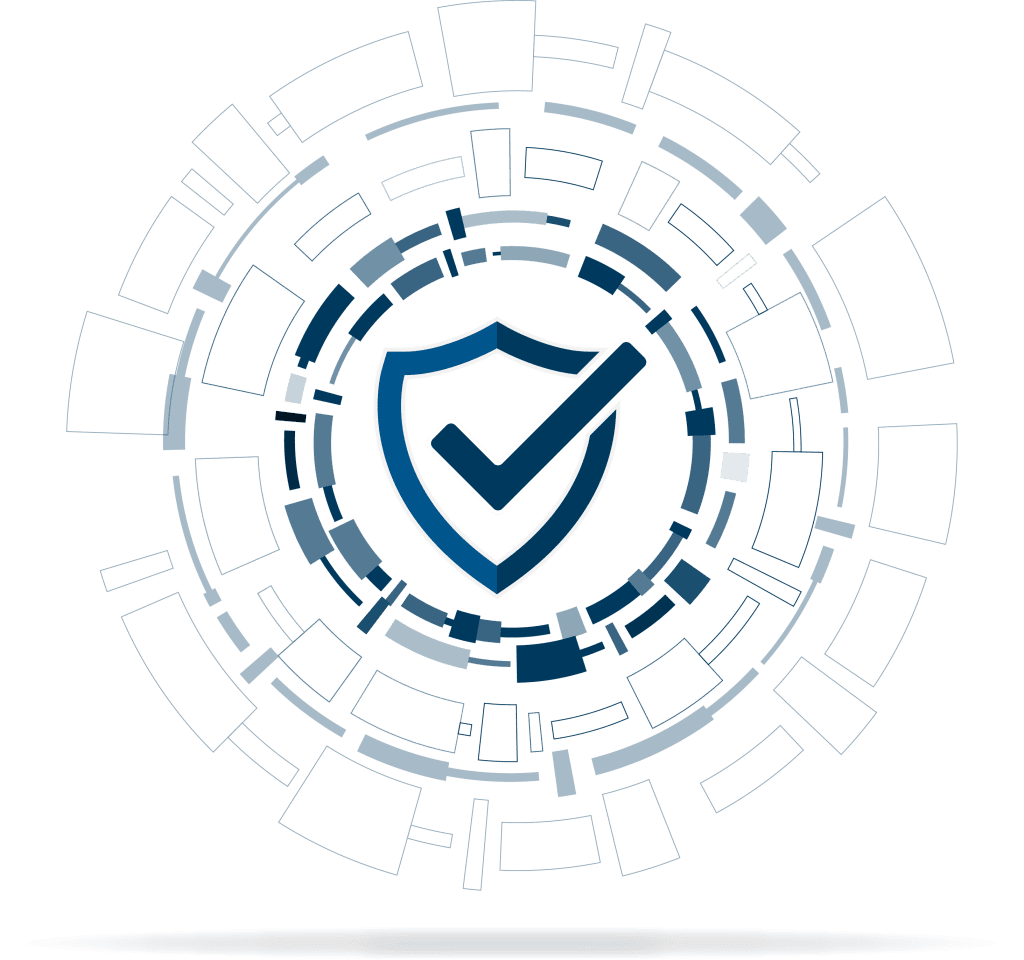Maintining an Up-to-Date Control System
In today’s rapidly evolving industrial landscape, industrial control systems (ICS) are the cornerstone of modern industries, driving productivity and efficiency. From overseeing intricate processes in industrial plants like chemical or natural gas facilities to ensuring the seamless operation of energy grids, these systems play a crucial role in maintaining critical infrastructure. However, as industrial operations become increasingly digitized, the need for robust cyber security to protect these systems cannot be understated.

Industrial Control System Cyber Security is no longer just a concern for IT departments; it is a strategic imperative that should not be ignored. The repercussions of a control system security breach goes beyond financial losses and can disrupt essential services, pose safety risks, and erode stakeholder trust. As industries integrate smart technologies and IoT devices into their control systems, the potential attack surface expands, underscoring the critical need for robust cybersecurity measures.
Fortifying industrial control systems against security breaches may seem daunting, given their unique features and requirements. These systems operate in real-time, prioritize operational continuity, and often include legacy components not designed with cyber security concerns in mind. Understanding and addressing specific cyber security measures can help you identify potential areas of concern within your industrial control system and give you a roadmap for ways to ensure your control system remains secure.
Perform Software Updates
The first step in implementing good cyber security practices for your industrial control system is to ensure that your system is up to date. ICS developers such as Siemens, Rockwell, and Inductive Automation periodically push software updates to their users. These updates may add new features and functionality and often include security updates that address potential vulnerabilities. Updating your system as updates become available will help ensure it remains safe from exploitation. You can proactively protect your system by signing up for update notifications through ICS manufacturers. These notifications come to your email inbox and contain information about potential vulnerabilities and steps you can take to download and install the updates to their products.

Replace Outdated Hardware
Old or obsolete hardware and equipment used in industrial control systems can pose significant security risks. As the equipment ages and newer versions are introduced, manufacturers often stop offering updates or support for the older versions to drive adoption for the latest models. Keeping outdated hardware and equipment attached to your ICS can create opportunities for bad actors to exploit security vulnerabilities due to the lack of updates available. Keep records of the manufacture date of the equipment used in your control system; as hardware starts to near its end of life, you can proactively replace it with a newer version. Most control system manufacturers design their hardware to be replaced with minimal downtime and system changes.
Perform Firmware Updates
Like software updates, manufacturers often push updates to the firmware of devices used in industrial control systems. Manufacturers typically send information about firmware updates to users registered for their update services or newsletters. As with most software updates, performing routine firmware maintenance and updating the firmware on devices connected to your ICS helps to keep your system secure by limiting the vulnerabilities that can be exploited.
Security Certificates
Many manufacturers are implementing certificates to protect against cyber security concerns. Security certificates can encrypt communication between devices on your control system network, preventing third parties from accessing sensitive information such as usernames and passwords. They can also be set up for user authentication, ensuring only authorized users can access a system or machine. Security certificates can also secure communication between your control system and the manufacturer. This ensures that when you update your software or firmware through manufacturer-provided channels, the connection is secure, and the files downloaded are safe and free from malicious programming or code.
Some manufacturers have built-in security certificates and require them to be set up during the system’s initial installation; otherwise, the system cannot be utilized. Other manufacturers may only recommend setting up security certificates, leaving the decision to the end user. Configuring and implementing manufacturer-recommended security certificates can help keep your control system secure.
Industrial control system cyber security is an essential concern for anyone utilizing industrial control system technology. The security landscape is constantly changing, but what remains the same is the need to protect vulnerable infrastructure from cyber-attacks that can impact operational safety, productivity, and profitability. It is a complex issue, but it is not one that you need to tackle alone.
At Pigler Automation, we take industrial control system cyber security concerns seriously. Solutions like AUDITIQ™ and LAUNCHPOINT™ can analyze your control system and identify areas for improvement, and we can support ongoing cyber security needs with solutions like EXPERTCONNECT+™ or EXPERTFUSION™. Working with Pigler Automation, you have a lasting partner to help you manage your industrial control system’s cybersecurity.


